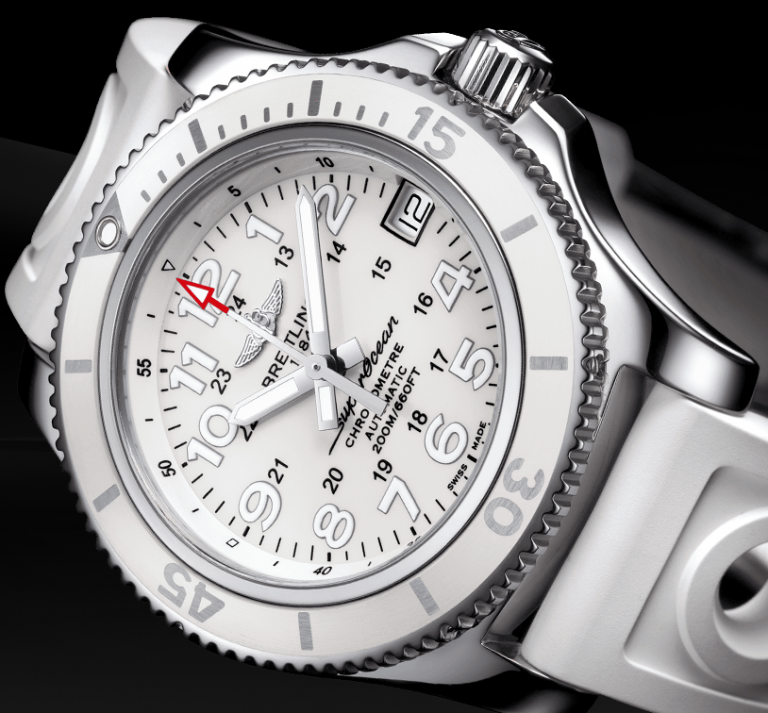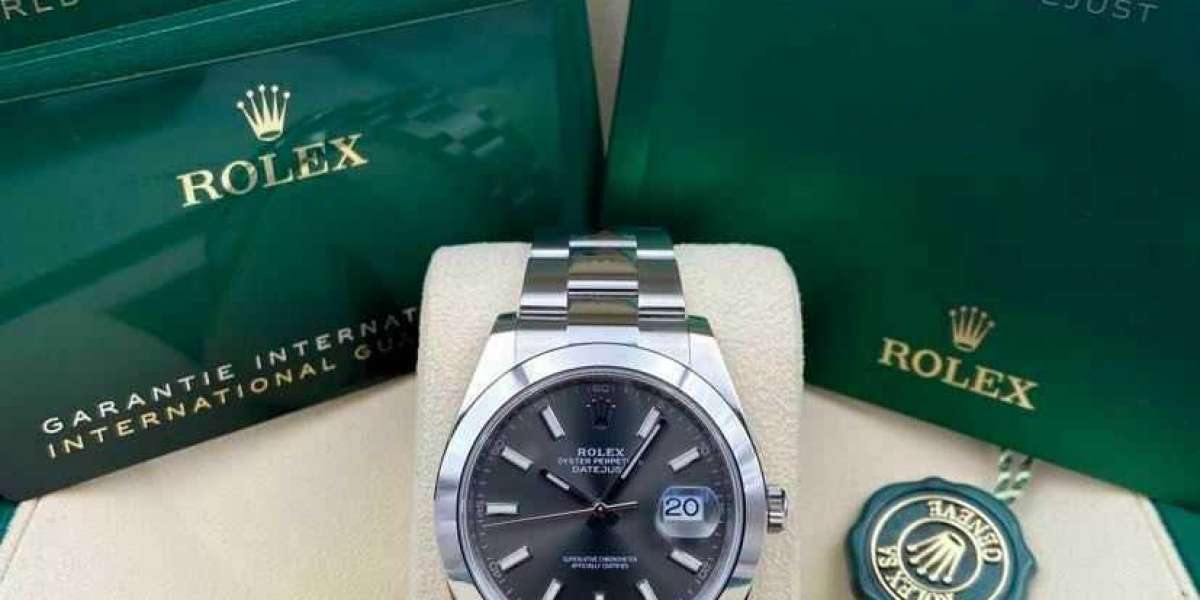Introduction

Replica watches, significantly those modeled after luxurious manufacturers like Rolex, have gained immense recognition in recent times. Whereas the outer look of those watches could closely resemble that of the unique timepieces, the inner workings, particularly the movement, could differ significantly. In this text, we are going to discover the type of movement commonly used in replica Rolex watches and talk about its performance and functionality.
Kinds of Movement in Replica Rolex Watches
The movement or mechanism of a watch is essentially the engine that drives the hands on the dial and powers any additional options, comparable to a date operate or chronograph. There are primarily two forms of motion used in watches: mechanical and quartz.
Mechanical movement is considered the more conventional and prestigious choice. It depends on a fancy system of gears, springs, and other elements to regulate the timekeeping. Mechanical movements are further divided into manual and automated varieties. Guide mechanical movements require common winding by the wearer, typically once a day, to keep the Intime Watch Replica operating. Alternatively, computerized mechanical movements are self-winding, drawing power from the natural movement of the wearer's wrist.
Quartz movement, on the other hand, is powered by a battery and depends on an electronic oscillator to regulate the timekeeping. Quartz movements are recognized for their accuracy and low maintenance requirements. They're also usually more affordable in comparison with mechanical movements.
Within the case of replica watches, particularly those imitating luxury manufacturers like Rolex, the motion used is usually a quartz movement. This alternative is primarily pushed by cost considerations, as quartz movements are cheaper to produce and maintain. Additionally, the accuracy and reliability of quartz movements make them a well-liked choice among manufacturers of replica watches.
Efficiency and Performance of Quartz Movement in Replica Rolex Watches
Whereas quartz motion might lack the prestige and craftsmanship of mechanical movement, it presents a number of benefits when it comes to efficiency and functionality. One in all the important thing benefits of quartz motion is its excessive accuracy. Quartz watches are identified for his or her exact timekeeping, with deviations of just a few seconds monthly. This level of accuracy is essential for a timepiece to be thought of reliable and functional.
One other advantage of quartz movement is its low maintenance necessities. In contrast to mechanical movements, which require regular servicing and winding, quartz movements are virtually maintenance-free. The battery in a quartz watch typically lasts for a number of years before needing alternative, making it a handy possibility for everyday put on.
When it comes to functionality, quartz movement in replica Rolex watches can include additional features equivalent to a date window, chronograph, or even a GMT function. These complications can improve the utility and versatility of the watch, allowing the wearer to track a number of time zones or measure elapsed time with ease.
Criticism of Quartz Movement in Replica Watches
Regardless of its advantages, quartz motion in replica watches has faced some criticism from watch fans and purists. One widespread critique is that quartz motion lacks the artistry and craftsmanship of mechanical movement. Conventional watchmaking techniques, such as hand-ending and intricate complication designs, are often associated with mechanical movements.
Another criticism of quartz movement is its perceived lack of worth and heritage. Luxurious watch manufacturers like Rolex have constructed their popularity on the superior quality and craftsmanship of their mechanical movements, which are often passed down by way of generations. In distinction, quartz motion is seen as a extra disposable and mass-produced option.
Conclusion
In conclusion, replica Rolex watches commonly use quartz motion for its affordability, accuracy, and low upkeep requirements. Whereas quartz motion may lack the prestige and craftsmanship of mechanical motion, it affords several advantages by way of performance and performance. Finally, the selection of motion in a watch, whether or not it be mechanical or quartz, will depend on the individual's preferences and priorities.








